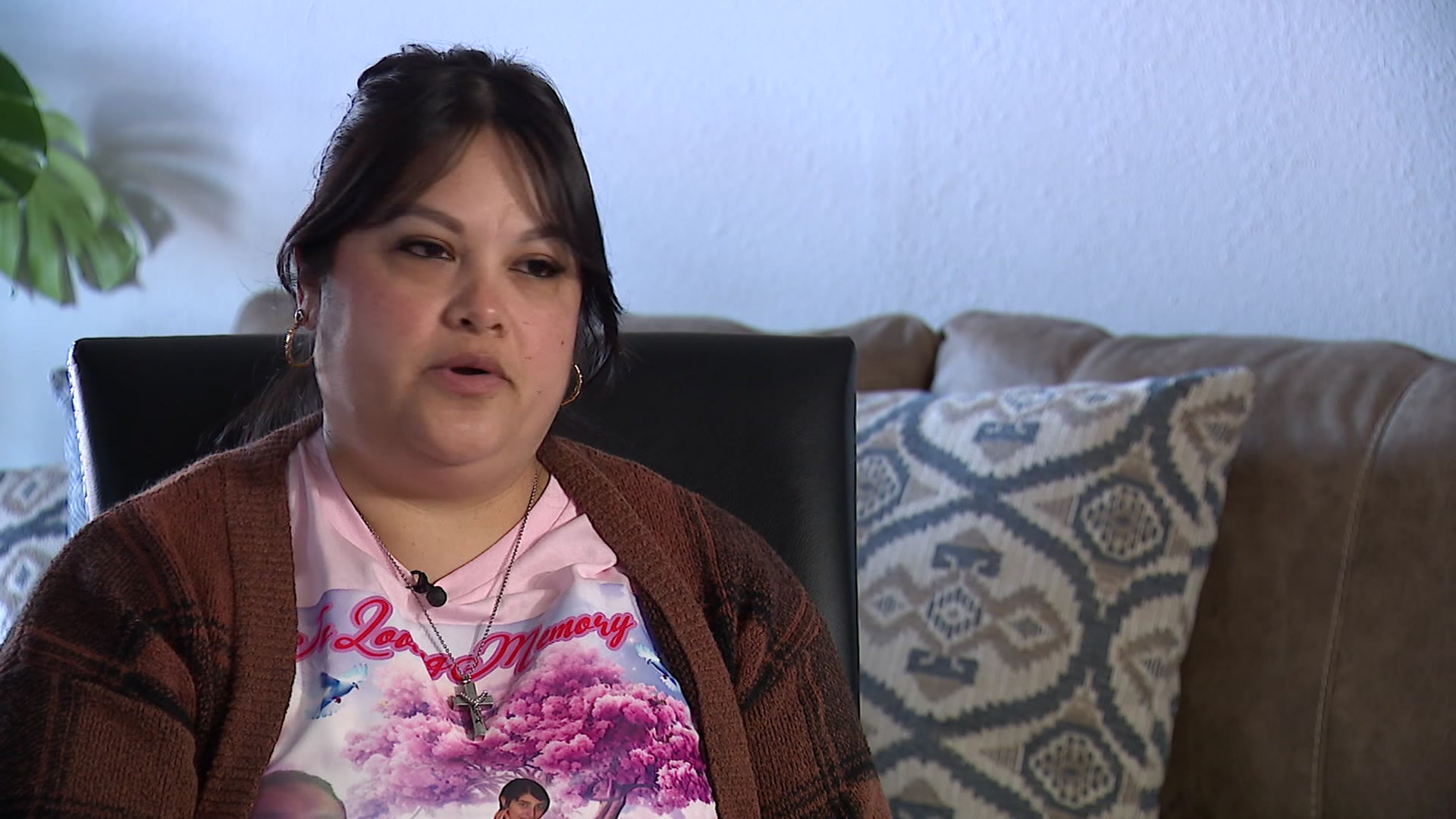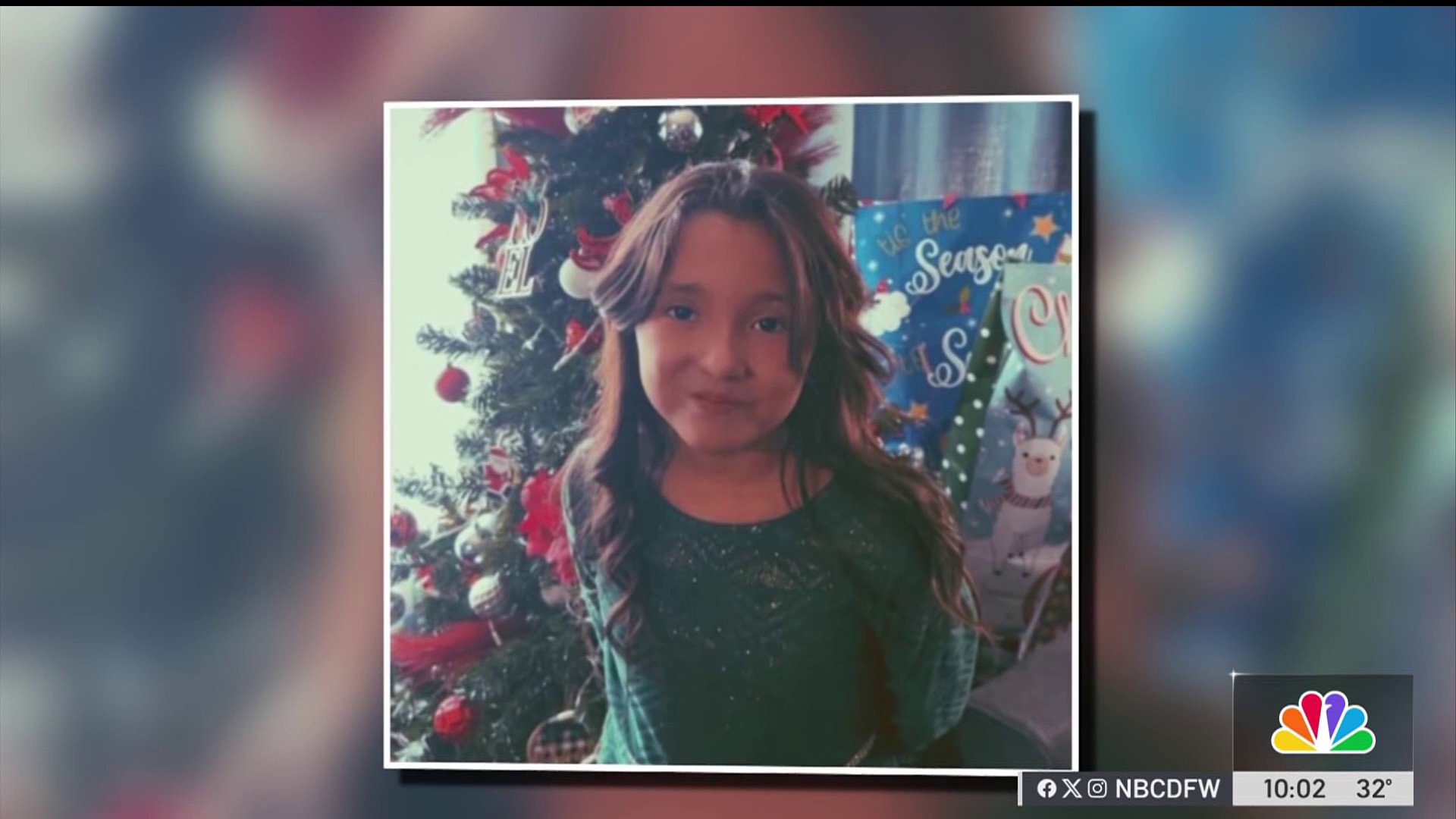Students in Haltom City are learning a new way to understand the world we live in and how technology is helping us take better care of it. NBC 5 education reporter Wayne Carter shows how students are operating a full fledged farm in a space the size of truck.
Students in Haltom City are learning a new way to understand the science of the world we live in and how technology is helping us take better care of it.
Students are operating a full-fledged, high-producing farm in a space the size of a truck.
Watch NBC 5 free wherever you are
Air, water, and soil: Bob Payne embraces it all, teaching his students about the environment and how it works.
While this advanced science class is a lot of formulas and equations, if you're going to study the environment, Payne believes you should be in it.
Get top local stories in DFW delivered to you every morning with NBC DFW's News Headlines newsletter.
Idea Achieve Academy in Haltom City operates a farm on campus, where students study biology chemistry and engineering hands-on.
"Basically, like how it works, and how they like, make things work or how they basically make things for us to eat," said Eric Mendez, a student in the class.
What looks like a simple shipping container is really the heart of this outdoor classroom. It is a $180,000 hydroponic farm made possible through a grant.
Local
The latest news from around North Texas.
The students quickly learned growing fruits and veggies here is more efficient than how farms have always worked.
"We only use five gallons of water, while the traditional one we use like 300 gallons of water per day," said Estela Castro, a student in the class.
Now they're gathering data about sunlight, and the space a farm takes up and calculating exactly how much more food a small trailer like this can really generate.
"You live in the city, that acres prime real estate, whereas you can use something like that for a farm and we'll even see that we can be indoors. You can stack them, you can actually maximize the space that you have using a system like that," said Payne.
The concept is helping students who may not normally get into this kind of stuff, see the real-world value and benefit.
"We get to go outside and experience, we get to look in, deep dive into how it's growing, where it's growing, where it needs to grow, and how it's benefiting us," said Tatianna Syas-Brown, a student.
They don't just learn it but use it, the food grown here is handed over to the cafeteria. It's used in school lunches, truly taking the study of all things environmental and how they relate to everyday life.



